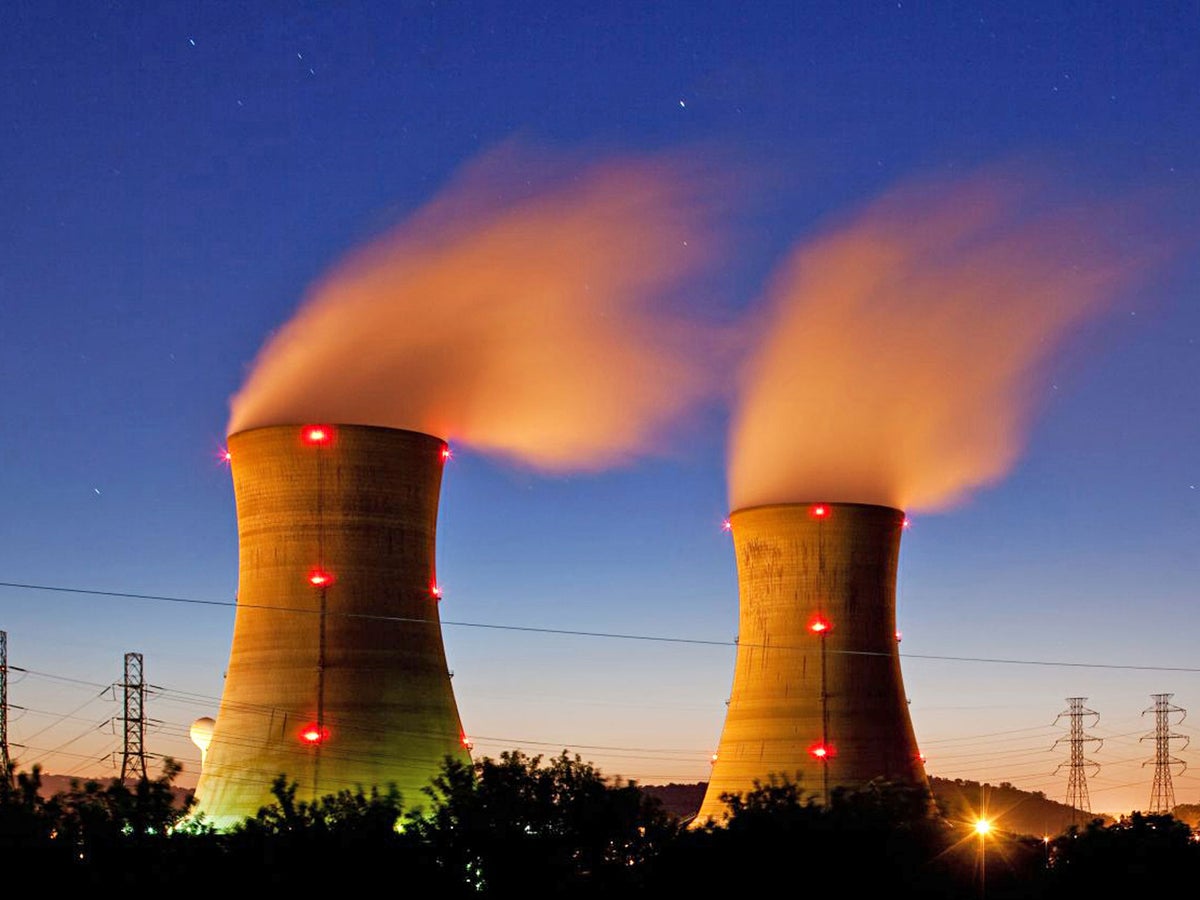
An industrial engineer technician uses theory and principles to solve problems. They work normally under the guidance of engineers. They might perform motion and time studies to improve worker efficiency and measure worker operations. For these types of studies, engineers may hire technicians. The following are the duties of industrial engineers technicians. To learn more, visit our Career Opportunities page. This post is written by someone who has worked in this field. This profession is appealing to many people. Here are some ways you can find out how to get involved.
Job description
Industrial Engineering Technicians are expected to use math to plan and analyze their processes. This role requires the technician to communicate with employees and observe processes to make sure they are being done properly. Industrial Engineering Technicians must have strong communication skills, since they spend a significant portion of their day in meetings and on the job. This role should be clearly defined in the job description. Here are some key duties for an Industrial Engineering Technician.
An industrial engineer technician's job is to design, analyze, and implement procedures and processes for different processes and systems. Industrial engineers and technicians can also assist in process setup, designing layouts, or troubleshooting problems. They might study the speed, motion, time, and methods involved in manufacturing processes. Industrial Engineering Technicians might also research a broad range of topics. This includes analyzing trends and forecasting the industry's future.

Duties
An Industrial Engineering Technician is an individual who uses mathematical principles in design, analysis, and troubleshooting of various processes. This job requires communication skills and the ability for teamwork. A professional in this field should also be able to analyze and pay attention to details. Here's a sample job description. These are the duties that an Industrial Engineering Technician must perform. The required education and training are necessary to be eligible for this position.
A team of Industrial Engineering Technicians works together under the direction and guidance of an Industrial Engineering Engineer. The technician will make observations and perform studies at a given location. It could be a factory or a store. This position typically works a standard schedule during normal business hours, and most Industrial Engineering Technicians are full-time employees. In addition, these workers can be exposed to noise, fumes, and dust. These workers are often required to work in uncomfortable positions for long periods of time, and travel to different meetings.
Education
Industrial engineers research processes and layouts to maximize efficiency and productivity. They collect data and prepare charts and blueprints to support the implementation of changes. They also watch workers to find out how long it takes for them to finish a task. Industrial engineering technicians can help a business increase its productivity and profit margins. An education in industrial engineering can help you learn more about what it takes to be a successful industrial engineer.
Many industrial engineering technicians work alongside other professionals in the industry, and must learn how to work with diverse teams. As a team player, they must learn how to effectively communicate, compromise, and collaborate with other professionals to achieve their goals. It is possible that their job will require them to work in different settings such as factories, retail outlets, and manufacturing plants. This job requires a lot of hard work and a willingness to do dirty. However, the rewards are great!

Salary
Engineers supervise industrial engineers technicians, who apply engineering principles in industrial processes. They measure speed, motion, duration, and time in order to standardize production and improve efficiency. Industrial engineering technicians earn an average yearly salary of $43,590. They may also work as consultants on different projects or in engineering offices. The lowest paid tenth of industrial engineering technicians was paid less than $33,100. The top ten percent made more than $76,000
While the job description of an industrial engineer technician is very similar to that of one who works as a mechanical engineer in many ways, this occupation does have some specific duties. The majority of industrial engineering technicians use mathematics to design and analyze processes. They may be assigned to work as a technician in a store or factory. Most industrial engineers work full-time. They earn a range of salaries depending on their work experience and the type they do. This occupation is often highly rewarding.
FAQ
What does a Chemical Engineer Do?
To develop chemicals, products, technologies, or processes, chemical engineers must combine math, science and engineering.
Chemical engineers are able to specialize in many areas, including pharmaceuticals and food processing.
They work closely with scientists and researchers to solve complex technical challenges.
What degree do I need to become an engineer?"
A bachelor's degree is not required to become an engineer. Many employers prefer applicants who have degrees. You can also take classes online if you don't already have a degree.
What is a Mechanical Engineer?
A mechanical engineer designs machines for people, such as vehicles, tools, products and machinery.
Mechanical engineers use mathematics, physics, and engineering principles to create practical solutions to real-world problems.
A mechanical engineering engineer could be involved in product creation, production maintenance, quality control or research and testing.
What does a typical day in the life of an engineer look like?
Engineers spend a lot of time on projects. These projects could involve the creation of new products, or even improving existing ones.
They might also be involved with research projects that aim for improvement in the world.
They might also be involved in developing new technologies such smartphones, computers, planes, rockets and other mobile devices.
Engineers need to have imagination and creativity to succeed in these tasks. They should be able and willing to think outside the boxes to come up with creative solutions.
They will be required to sit down with their ideas and develop them. They will also need to test their ideas using various tools, such as laser cutters, CNC machine, 3D printers, and computer-aided designing software.
Engineers must also communicate effectively in order to present their ideas to others. They must write reports and presentations to share their findings with colleagues and clients.
They must also manage their time effectively in order to complete the tasks within the time allowed.
No matter what kind of engineering you choose you must be creative, imaginative and organized.
What is the highest-paid engineer?
Software engineers are the answer, as they write code for computers. They also have a lot of freedom regarding what kind of project they want to work on. Although software engineers can work in almost any industry, they prefer to work for tech companies like Google and Microsoft.
Statistics
- 14% of Industrial engineers design systems that combine workers, machines, and more to create a product or service to eliminate wastefulness in production processes, according to BLS efficiently. (snhu.edu)
- Job growth outlook through 2030: 9% (snhu.edu)
External Links
How To
How to Write Letters in Engineering Drawing
There are two types of engineering drawings: architectural drawings and engineering sketches. The first shows the product’s physical features. While the second shows how the product should appear. Both types contain detailed specifications, dimensions as well symbols and text. These documents are written in engineers' own language. These terms refer to specific units, abbreviations and acronyms. These terms are also known as engineering terminology. This article explains their meaning.
A letter is a formal, written communication between an individual or group. A standard letter includes a salutation, signature and date. Most people also include a self-introduction at the beginning of the letter. Some letters may include business details, such a legal agreement. Others may include only signatures and greetings.
Engineers can use their professional expertise to design, plan, create, or build a machine or a bridge. Engineers need to use precise language in order to communicate the work. Technical terms refer to the product, process or materials used and their methods.
Engineers often use special terms to explain things. For example, "ampere", to refer to electric current, is a term used by engineers. To measure mass, they use "kilogram per squared". These terms are called scientific names. Other engineers call them common names because they are commonly used. Common names are easier for engineers to remember and comprehend.
Technical terms are often abbreviated. An abbreviation denotes a longer phrase. The abbreviation "kW" is for kilowatt. The term "KW", which stands for kilowatt, is easy to remember. The full name doesn't need to be memorized.
Engineers may also use many acronyms and abbreviations other than technical terms. These are similar in abbreviations but can be made up of many words. You can find examples such as "IEC," DIN, and "ANSI." These are essential because they facilitate communication and make it easier.
Engineers may not use standard spelling rules when using their jargon. They may spell out numbers with digits instead of using numerals. They may use different capitalizations than normal. Capitalization refers if a word begins with a capital letter (or lowercase). Words that begin on a vowel sound have different spellings than those that begin on consonants.